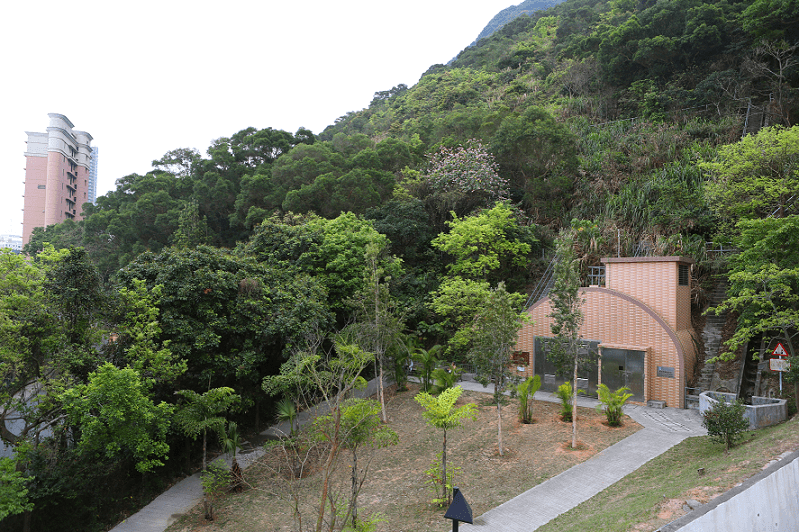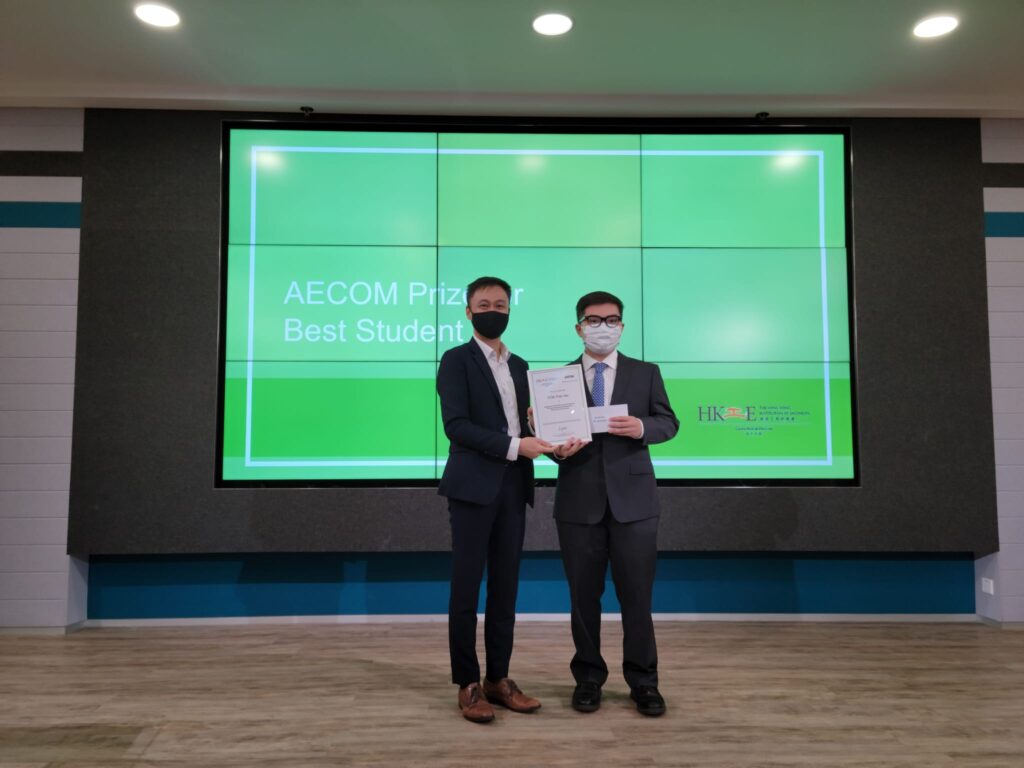Attracting and developing the next generation of engineers
Shining the spotlight on the important contributions engineers deliver to communities and nurturing young engineering professionals early in their careers are some of the ways to help address the global shortage of engineers, says geotechnical leader Johnny Cheuk.
It’s no secret that for many years, there has been a shortage of engineers around the world. A number of factors, including an increasing aging workforce and lack of interest, have been attributed to the declining numbers. In Hong Kong, it’s facing two additional conditions with the relocation of experienced engineers overseas and new graduates pursuing employment elsewhere rather than locally.
However, the shortage is not because of the absence of opportunities. In fact, under the pandemic, many governments are looking to invest in infrastructure projects to boost their economy and enhance resilience. In Hong Kong, there are ambitious plans for the future development of the city targeting increasing housing and infrastructure with the Northern Metropolis and Lantau Tomorrow Vision initiatives.
I believe the issue is that we need to showcase to more people, especially students, the exciting opportunities available in the engineering field and how the work contributes enormously to benefit their communities. When students are asked about their ideal occupations, their first choices are usually doctors and lawyers. They seldomly think of engineers as much of their work happens behind the scenes. This is especially true for those in the geotechnical discipline where projects are underground and not necessarily as aesthetically attractive as say a towering skyscraper. However, that doesn’t make their work any less important.

A good example is the Po Shan Drainage Tunnels, an innovative groundwater control system built underneath the hillside of the Mid-Levels areas of Hong Kong which offers better control of groundwater levels through a pair of drainage tunnels, 172 sub-vertical drains and an automatic real-time monitoring system. This wonderful piece of engineering work is almost invisible from outside, but it’s critical to reducing landslide risks and protecting the community. Geotechnical engineers are integral in safeguarding the public, whether it’s against devastating natural disasters, or ensuring the safety of a towering skyscraper through the design of a secure foundation to support the building above.
Both companies like AECOM and professional institutions have important roles to play in attracting and developing engineers. AECOM has the unique advantage of offering engineers of different disciplines ample opportunities to work on world-class projects around the world. Many of today’s engineers are excited about the prospects of working on international mega-projects such as NEOM in Saudi Arabia. Meanwhile, professional bodies can help raise the profiles of engineers and build up the image of the profession through outreach activities. In Hong Kong, the Hong Kong Institution of Engineers (HKIE) is one of the largest professional bodies, and in my new role as the Chairman of the HKIE Geotechnical Division, I’ll be actively working with its members to recognize and promote the technical excellence and contributions of engineers to the community.

In addition to attracting more talents to the sector, nurturing the current pool of young engineering professionals is just as important. The declining numbers of experienced engineers offers them great opportunities to advance their careers, but some might not be equipped to take on more senior roles or responsibilities. Therefore, it’s up to the more senior engineers to spend more time in supporting the development of the next generations of engineers.
If the shortage of engineers continues to increase, it will certainly affect the delivery of various government and private projects. And if certain projects such as those to increase housing do not come into fruition, it can result in a chain of events that negatively affects different communities.
As someone who has been in the geotechnical engineering discipline for around 23 years, I still find it a very fun job as we are always dealing with uncertainties and complexities. Each project that we work on is unique as no two are the same. When we come to work every day, we are facing new challenges, which can be tough, but also rewarding. To me, engineers are unsung heroes whose contributions span from laying solid foundations for buildings and infrastructures to building safe tunnels through mountains and across the sea to ensuring public safety from different hazards such as landslides and flooding. There is a great sense of satisfaction and mission from this field as your work delivers positive impacts to your community and many others.
Johnny Cheuk is AECOM’s vice president, Geotechnical, Hong Kong, and Chairman of Geotechnical Division at the Hong Kong Institution of Engineers.






